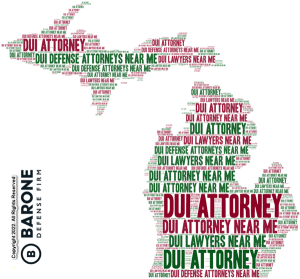Search
Understanding the Disconnect Defense in a Michigan DUI Case
The disconnect defense is a legal strategy in a Michigan DUI case that highlights the inconsistency—or disconnect—between a defendant’s high blood alcohol concentration (BAC) results and their observable behavior at the time of arrest. For instance, if a breath or blood test shows a BAC of 0.20%—a level typically associated with symptoms like emotional instability, impaired motor coordination, and slurred speech as detailed in Dubowski – stages of alcohol effects—yet the individual demonstrates steady balance, clear speech, and passes field sobriety tests, this discrepancy can be used to challenge the validity of the BAC evidence.
Dubowski’s research provides a clear framework for evaluating expected behaviors at different BAC levels:
- At 0.09%-0.25% (Excitement stage), symptoms such as emotional instability, sensory-motor impairment, and slurred speech are common.
 Michigan Criminal Defense Lawyer Blog
Michigan Criminal Defense Lawyer Blog


 The police and your attorney will refer to this paper license as a “DI-177.” The title of it is Breath Blood or Urine Report. This is a Michigan Temporary Driving Permit acts as your temporary driver’s license until you’re either convicted of the OWI or your case gets dismissed.
The police and your attorney will refer to this paper license as a “DI-177.” The title of it is Breath Blood or Urine Report. This is a Michigan Temporary Driving Permit acts as your temporary driver’s license until you’re either convicted of the OWI or your case gets dismissed.